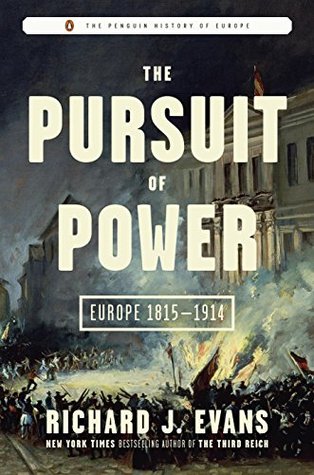As radical orators stoked the fires of popular outrage, the king agreed reluctantly to create enough new Whig peers to overcome the Lords’ resistance, and Wellington and his supporters caved in. The Bill was passed by both Houses of Parliament and became law in 1832, eliminating anomalies and abuses, but only extending the electorate by about 45 per cent, to just under 5 per cent of the population, in a reform comparable to parallel changes in the political systems of France and Belgium.
Welcome back. Just a moment while we sign you in to your Goodreads account.


